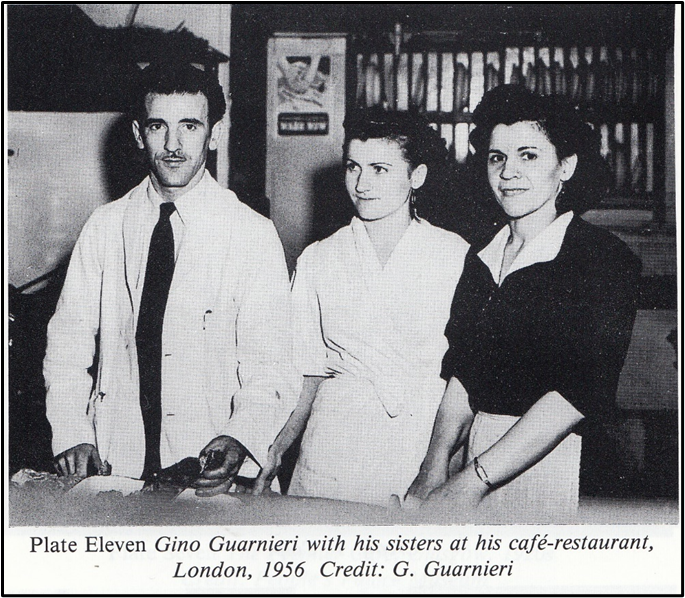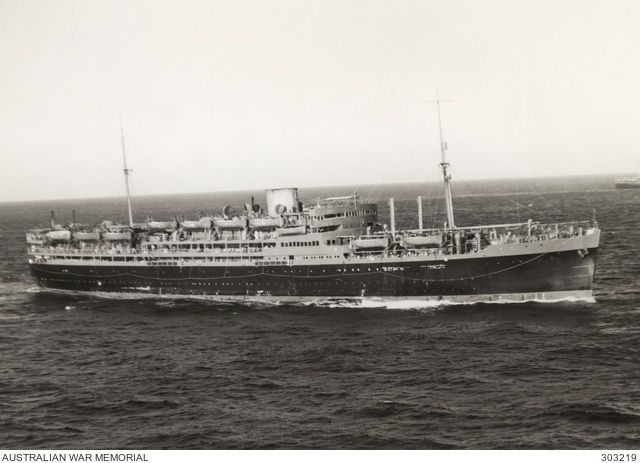CAC camp cook
- Joanne Tapiolas
- Aug 1, 2025
- 2 min read
Gino Guarnieri was born in Luguagnano (Piacenza) Italy on the 16th August 1913. At the time of his arrest on the 11th June 1940, Gino was part owner in a café at 229 7 Sisters Road, Finsbury, London. He listed his father Emilio living in Cadeo (Piacenza) Italy as his next of kin.
He had arrived in London in 1926 to work in a cousin’s café and attended St Martins in the Field School. After leaving school, he then worked at Gerano Restaurant, Café Royal Regent Street, and managed a café for a cousin in Knightsbridge for 12 months. He then entered a partnership with a cousin Celeste Rapacioli and worked there up until his arrest.
In Tatura Camps, Gino worked in the compound kitchens under the tutelage of Ugolino Giovine. He also learnt woodwork skills from Filippo Guidobaldi making wooden bocce balls for the older men, a cigarette holder in the shape of a car and decorated small box. Gino was also active in theatre productions which were produced by Giovanni Baldelli. He was considered to be a quiet industrious worker, a loyal Italian who had financial ties in England and familial ties in Italy. He associated with Vittorio Tolaini and Pietro Beschizza.
Gino was released to work with the Civil Aliens Corps in forestry on the 16th May 1944. In June 1944, he requested release from the CAC and a transfer to work in his profession as a cook, but his request was denied. After a medical examination in October 1944, which deemed him unfit for heavy labour he was diverted to work as the forestry camp cook at Stanley Camp in November 1944.
He returned to Liverpool, England on the Athlone Castle as a released internee on the 29th March 1945 and continued in his café-restaurant business.
On the 16th June, Gino along with 21 other survivors of the Arandora Star tragedy was bestowed the award of Cavaliere al Merito della Repubblica Italiana.
Gino’s greatest legacy was his commitment to the documentation of the history of the Italian internment in the UK, to include the tragedy of the sinking of the Arandora Star, the voyage on the Dunera to Australia and interment in Australia. He was interviewed by Dr Terri Colpi and his oral testimony was recorded for the Imperial War Museum, London in 1990.




Comments